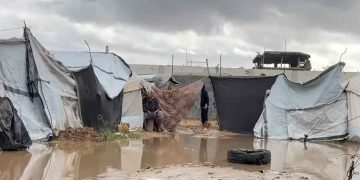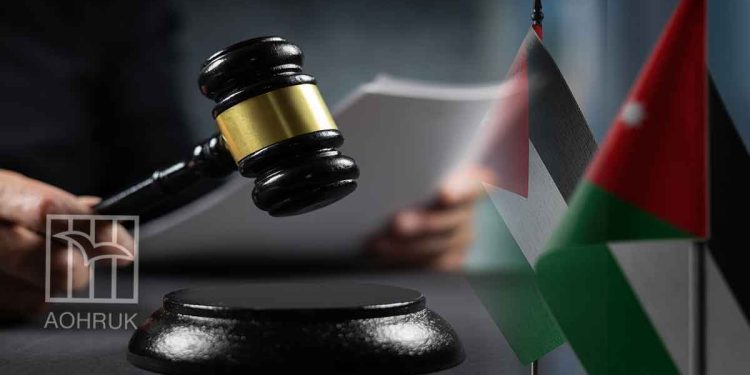The Public Prosecutor of the State Security Court in Jordan has referred several cases concerning the collection of donations for residents of the Gaza Strip to the Public Prosecutor in the capital.
An official source explained that the files involve a group of individuals, ten of whom have been detained pending investigation, while two others are facing legal proceedings, one is currently abroad and the other was released on bail.
The authorities accuse these individuals of collecting money in illegal ways, without referencing the fact that the funds were intended to support the besieged and starving people of Gaza.
These developments come at a time when Gaza is suffering under a prolonged siege and ongoing aggression lasting nearly two years, resulting in over 66,000 deaths and 168,000 injuries, as well as a famine that has claimed the lives of hundreds of civilians, including children.
The legal actions taking place in Jordan coincide with increasing restrictions on grassroots fundraising initiatives aimed at assisting besieged civilians.
Jordanian law regulates donation collection through specific official channels and penalises infractions that may relate to money laundering or the misuse of financial resources in unlawful activities. However, under international humanitarian law, especially the Fourth Geneva Convention of 1949, the international community is obliged to ensure the protection of civilians during times of war and siege. Providing humanitarian aid is a duty that must not be obstructed.
Furthermore, the 1966 International Covenant on Civil and Political Rights affirms the right of individuals to show solidarity with peoples living under occupation. Therefore, restricting initiatives to support Gaza without offering official, transparent alternatives may be seen as an infringement on the right to humanitarian solidarity.
























